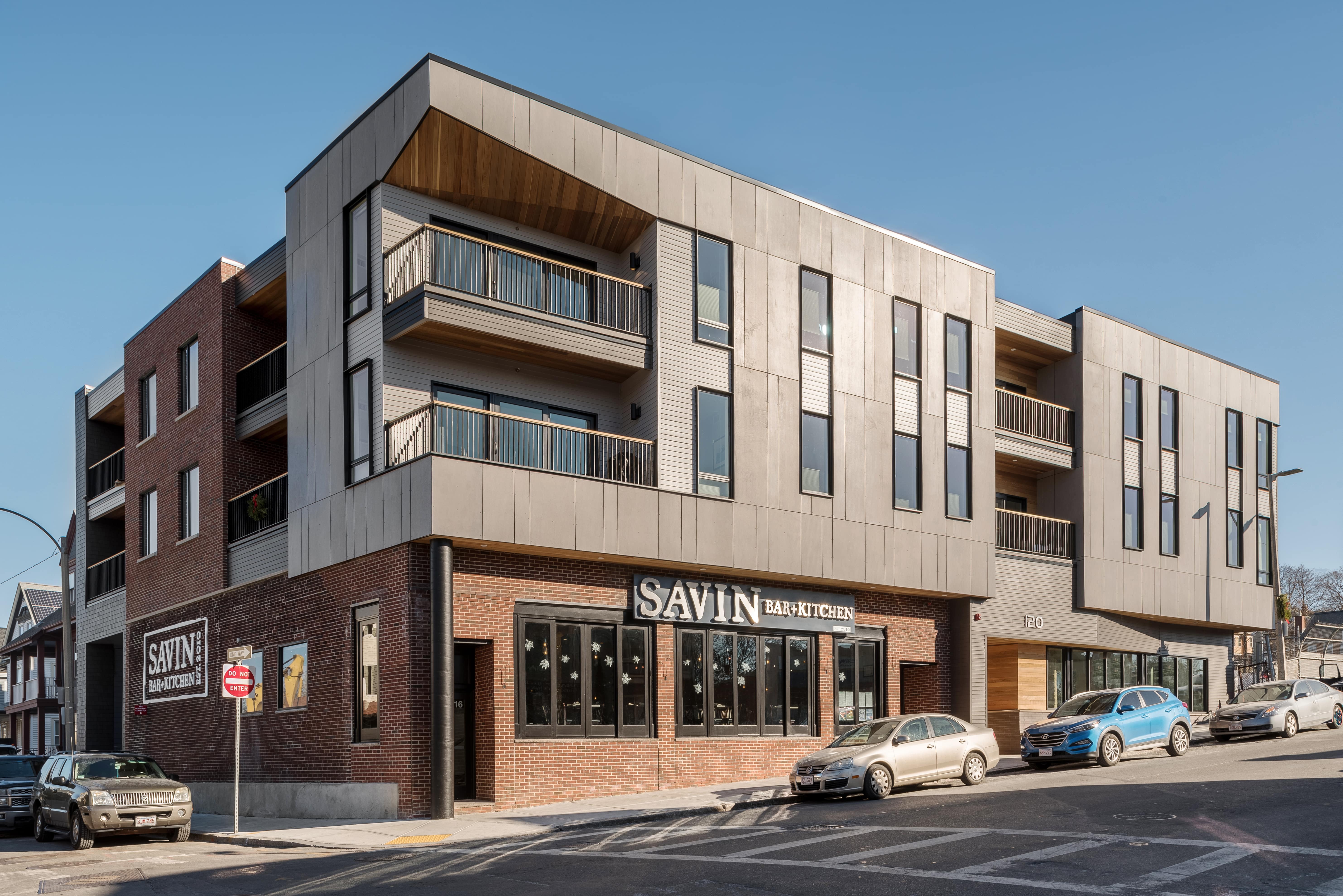The indisputable star of commercial real estate in 2021 is expected to shine just as brightly, if not brighter, in 2022.
Driven by the voracious appetite for space by e-commerce and biomanufacturing tenants, Greater Boston’s industrial sector, once considered the runt of the CRE litter compared to office, hospitality and retail properties and their income potential, had another stellar year in 2021. Vacancy rates fell to their lowest levels in memory, rental prices continued to soar and deals hit new eye-popping dollar levels.
As if to add an explanation mark to the end of 2021, a new 600,000-square-foot sorting center in Northborough’s Crossroads Industrial Park – built in 2020 and with Amazon as its new tenant – was recently sold for $153.5 million, or $265 per square feet, to a unit of investment giant Blackstone. The deal set the stage for even larger warehouse/distribution center transactions in 2022, industry experts say.
The past year was marked by a flurry of deals involving life science companies, including Moderna’s planned 350,000-square-foot expansion of its Norwood manufacturing site to boost production of its now famous COVID-19 vaccine.
The bottom line: Demand is simply outstripping supply for all types of industrial space, including old-fashioned light-manufacturing space, and there’s no end in sight despite recent facility conversions and new construction of millions of square feet of supply.
“This past year was one of the strongest ever for industrial properties in Greater Boston,” said Liz Berthelette, director of research at the Boston office of Newmark. “The sector has really, really strong fundamentals. There’s just a lot of different types of tenants looking for space.”
“As soon as you build a new facility, it’s full,” said Frank Petz, the managing director of investment sales at Colliers International in Boston. “Developers are scouring every piece of land for potential sites [to build]. It’s a frenzy now.”
Development Demand Leapfrogs I-495
And it’s a frenzy that’s moving west from the Interstate 495 area deep into Worcester County and other central Massachusetts locations. Developers are also eyeing sites in southern New Hampshire and along the Rhode Island border for future facilities, as cost-sensitive tenants become less picky about geographic locations.
“If I were to categorize 2022, I’d say it’s going to be about new industrial frontiers,” said Tucker White, director of research at Boston-based Hunneman. “Tenants are getting priced out of the immediate Boston area. Their leases are running out and the prices out there are getting scary. So, I think you’ll see more activity to the west in 2022.”
In all, nearly 270 million square feet of all types of industrial space are now occupied in the Greater Boston area, with vacancy rates recently falling below the 2 percent mark for the first time in recent history, said Rachel Marks, senior vice president at the Boston office of CBRE.
“The performance of the industrial [market] has been way beyond our wildest dreams,” Marks said.
Estimates vary from firm to firm, but commercial real estate experts agree that there’s simply a huge gap between overall demand for industrial space (ranging from about 30 million to 40 million square feet) and the amount of supply in the planning-and-construction pipeline (about 20 million square feet).
And there’s no guarantee how much of that supply pipeline will even be built.
“Massachusetts is just a notorious place to get permits for industrial space,” Marks said.
As for warehouse-and-distribution centers, most attention has centered on the intense demand for space by e-commerce players, especially by online retail giant Amazon.

The rapid growth of Massachusetts’ biotech industry has added drugmakers to the list of sectors competing for a slice of the state’s limited industrial real estate development pipeline.
Delivery-Only Players Add to Requirements
But the competition for space isn’t just among e-commerce firms trying to establish sites where they can temporarily store and later distribute items. Pure delivery companies are also looking for more space to handle the surge in online shopping, and thus the surge in deliveries to homes and businesses.
UPS recently snapped up 150,000 square feet of new warehouse space at 206 Grove St. in Franklin, according to CBRE’s third-quarter report. The U.S. Postal Service, meanwhile, recently signed a lease for 210,000 square feet of space at 275 Bodwell St. in Avon.
“All the older delivery companies are gearing up,” Marks said. “Everyone is having to adapt.”
Not surprisingly, warehouse rental prices have been spiking of late, by as much as 15 percent last year in some submarkets of Greater Boston, said Hunneman’s White. Rental prices in the northeast area of Greater Boston are now going for about $10 per square foot.
As for biomanufacturing space, it’s all about Great Boston’s emergence in recent years as arguably the world’s top center for life-science research – and biotech, pharmaceutical and medical-device companies’ desire to keep their sensitive manufacturing operations close to their headquarters.
The coronavirus pandemic – and the rush to develop COVID-19 vaccines and treatments – has only strengthened Greater Boston’s already uber-strong life science sector.
Within the life-science community, the buzz term these days is “current Good Manufacturing Practice,” or cGMP, defining the type of facilities that are now required to meet strict regulatory guidelines for the manufacturing of new drugs and medical/lab devices.
Besides Moderna’s planned expansion in Norwood, new biomanufacturing facilities expected to be completed next year include space for Utragenyx in Bedford (100,000 square feet) and Wuxi Biologics in Worcester (107,000 square feet), according to a recent Hunneman report.
Companies that secured newly constructed space in 2021 include Thermo Fisher Scientific (289,000 square feet in Plainville, via King Street Properties) and Vibalogics (129,000 square feet in Boxboro, via Lincoln Property Co.), according to Hunneman.
Colliers International’s Petz says he sees no let-up in demand for overall industrial space in 2022, given the intense demand for space by e-commerce and life-science firms.
“All of these sources are creating extreme demand,” he says. “It’s a convergence of many factors and these structural changes are not going to shift anytime soon.”




 |
| 

